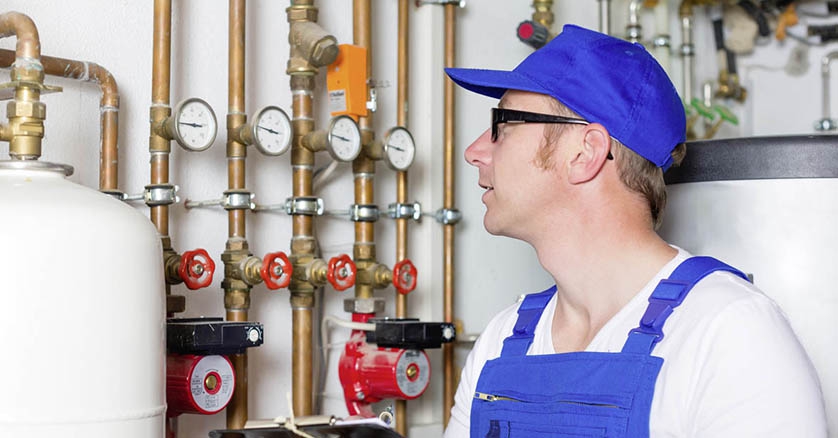
In my do pressure gauges fit reliability initiatives in my interactions with safety and compliance officers from large petroleum companies, these themes always seem to be a part of the conversation: I need to increase reliability…and by the way, I also want to lower costs—all without putting safety at risk.
From there, they jump to the next logical question for an Instrument Engineer: “How do pressure gauges fit into these needs?”
With so much automation and electronic measurement in plants, it’s easy to see how mechanical instruments have been marginalized. This also explains why we’re finding that 25% of gauges in a typical plant aren’t working—and up to 60% or more are in danger of failing because the instruments no longer match the applications or processes.
Let’s start with how pressure gauges fit into reliability, safety and lowering costs. Pressure gauges are important to every day operations because they work like alarms. They help identify process issues before they lead to costly situations such as critical equipment failure or loss of containment. If they aren’t working properly, you won’t have a complete picture of what is going on in the pipes, pumps and other equipment in the plant.
- Local readings – Workers in the plant rely on gauges to let them know that the systems surrounding them are functioning properly and safely.
- Dual readings – Comparing pressure readings helps evaluate the efficiency and safety of operations. If you need to confirm what is going on in your process, you don’t want failed gauges.
- Back-up readings – If the power goes out, pressure gauges supply the readings you need to continue monitoring your process.
WIKA has partnered with Hart Energy to offer a complimentary Webinar on Tuesday, October 15, from 10-11 a.m (EST) to help illustrate some of these points with a case study. The Webinar will feature Sahil Vithlani, a reliability engineer from Honeywell Specialty Materials, and his experience in ensuring gauges work as the first line of defense at his plant.
Jason Deane, a senior instrumentation engineer with WIKA Instrument, LP, will also review the five-step instrument audit conducted at Vithlani’s plant to help reset and sustain gauge accuracy – a process that improves uptime, lowers costs and reduces safety risks.

